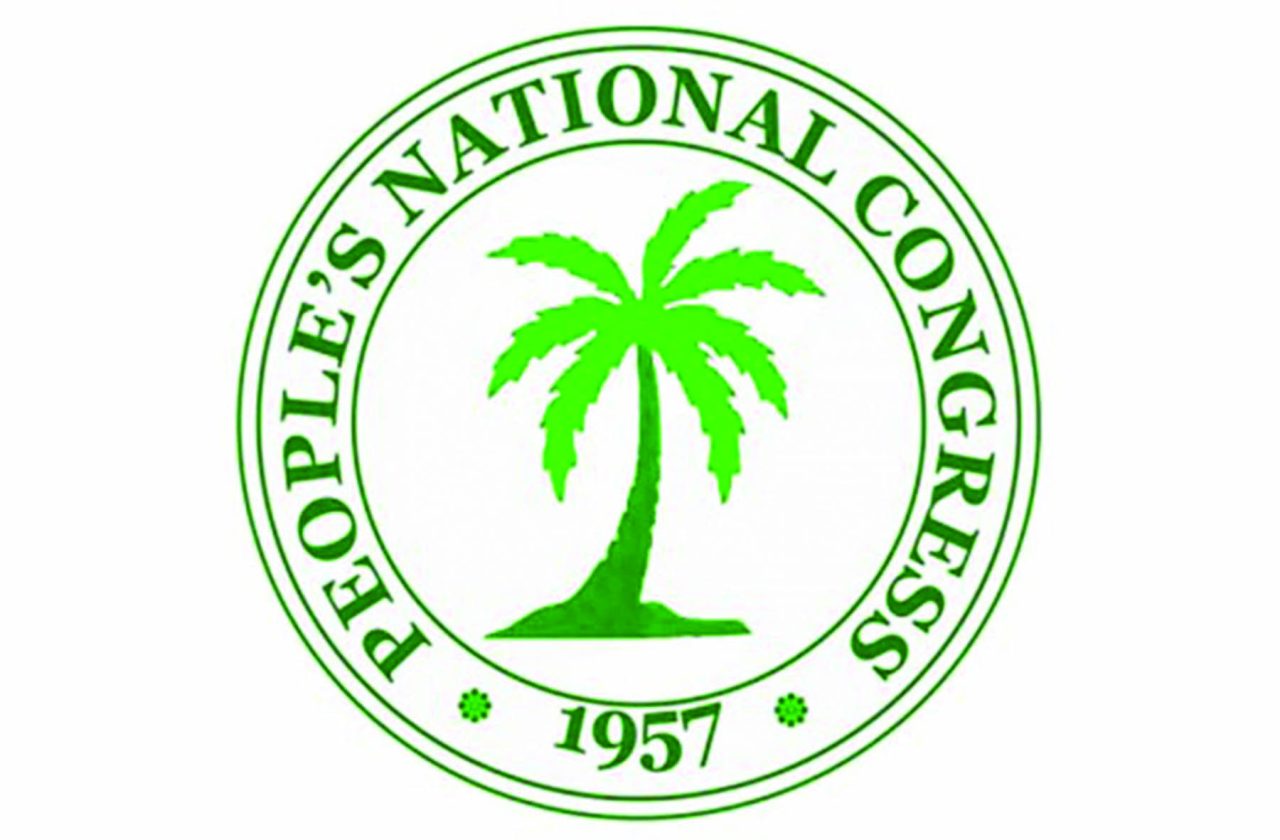Home News PNC deflects blame for constitutional reform failure
Executive Member of the People’s National Congress Reform (PNCR), retired Rear Admiral Gary Best has sought to deflect the blame for the APNU/AFC Government’s failure to fulfil its promise of constitutional reform made on the 2015 elections campaign trail.
 Constitutional reform was one of the main promises on the coalition’s 2015 Elections Manifesto but the Administration has been heavily criticised for not delivering.
Constitutional reform was one of the main promises on the coalition’s 2015 Elections Manifesto but the Administration has been heavily criticised for not delivering.
However, Best told reporters at the party’s weekly press conference on Friday that while constitutional reform remains a priority for the coalition administration, it is something it cannot do alone.
“We had to get at least two-thirds of the Members [of the National Assembly] to vote for the many clauses and articles that are now in the Constitution. So constitutional reform is not an activity for the party in power, it’s an activity for all the parties in power, and parties that seek to have power… It can’t be done without the cooperation of the other Members of Parliament which are from the PPP [People’s Progressive Party]. So that’s one of the issues with constitutional reform. It has to be a national effort,” he asserted.
Further questioned as to what was done by the coalition to reach out to the parliamentary Opposition to advance the process of constitutional reform, the PNCR Executive contended that there was always an open door policy for discussions on the matter.
In fact, he went on to say that the Opposition had opportunities to bring up the topic, which the coalition had campaigned heavily on.
“The PNCR has an open door policy when it comes to discussing national issues, whether its security or constitutional reform. The leader of any Opposition is quite able, is quiet open, is quiet permitted to raise these issues at any point in time… The President [David Granger] has met several times with the Leader of the Opposition. Those are opportunities to discuss whatever needs to be discussed. If it’s not raised by the Excellency on a particular meeting, it can be raised with the Leader of the Opposition,” Best noted.
Nevertheless, the PNCR Executive posited that the coalition is still committed to constitutional reform.
“I believe there’s sufficient goodwill on the part of His Excellency. Maybe we need more time and in the new term of the coalition, there will be more willingness on the party to sit and meaningfully discuss,” he stressed.
Apart from engaging the Parliamentary, the PNCR Executive further emphasised the importance of also involving the public in the constitutional reform process and getting their feedback as well.
With criticisms abounding about the slow pace of constitutional reform, British High Commissioner Gregory Quinn earlier this year had underscored the need for a collaborative and consultative approach.
“We’ve been talking about constitutional reform. In 2016, we funded a project with the Carter Center, which launched a discussion on constitutional reform. Ultimately, constitutional reform has to be a Guyanese-led process. There are a lot of people who recognise work must be done on the Constitution”.
“It’s now over to the political parties to decide what needs to be done to move the process forward, if that’s what they want to do… because it has to be a consultative process. Changing the Constitution takes two-thirds of the 65 seats in Parliament. So it’s not like one party or another can direct. So they need to decide how to move that forward, if they want to move it forward”.
Over the past few years, constitutional reform has been before a parliamentary committee.
There is a Constitutional Reform Commission bill that was to be examined by the committee. But there have been accusations made of members of the committee stalling the process.
 Constitutional reform was one of the main promises on the coalition’s 2015 Elections Manifesto but the Administration has been heavily criticised for not delivering.
Constitutional reform was one of the main promises on the coalition’s 2015 Elections Manifesto but the Administration has been heavily criticised for not delivering.